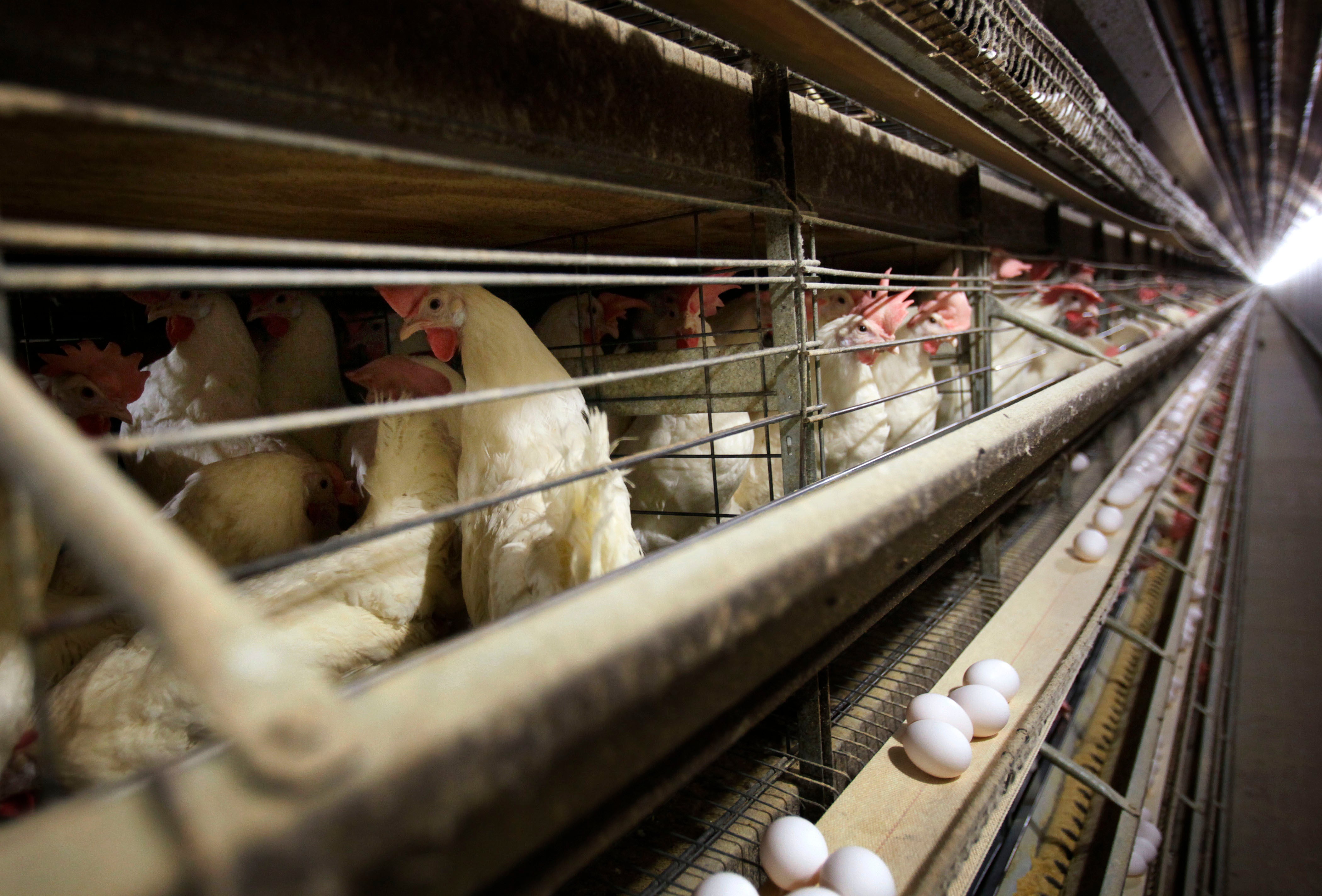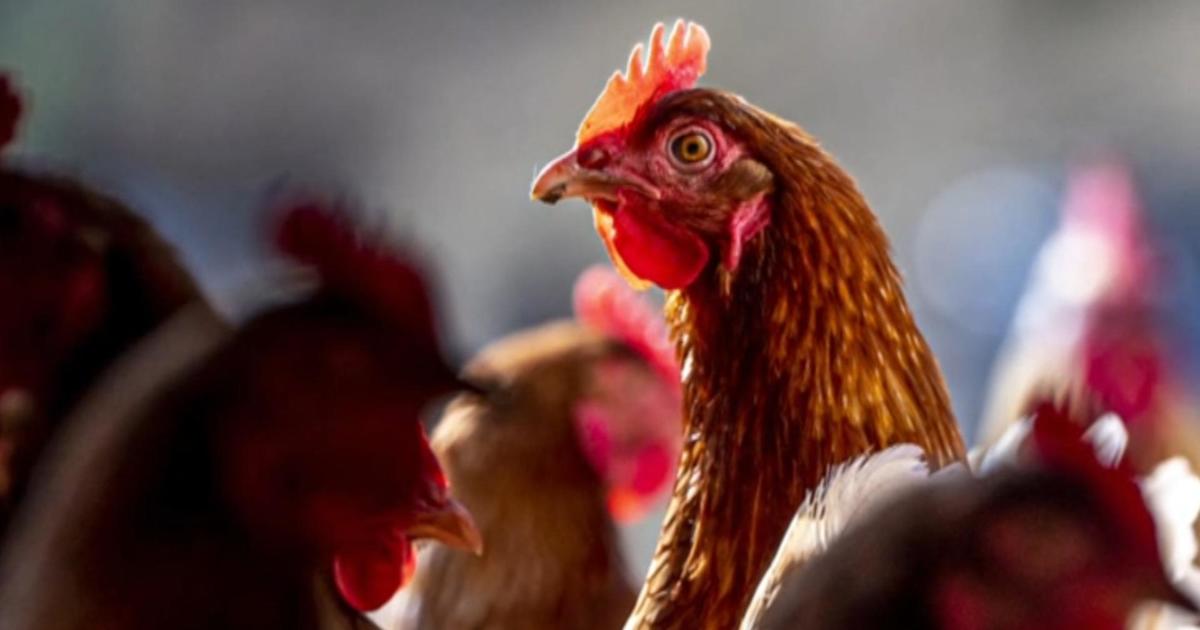Colorado Bird Flu Outbreak

Colorado bird flu – Colorado is currently experiencing an outbreak of highly pathogenic avian influenza (HPAI), commonly known as bird flu. The outbreak has affected both commercial and backyard poultry flocks, as well as wild birds. The strain of bird flu involved is H5N1, which is highly contagious and can be fatal to poultry.
The recent outbreak of bird flu in Colorado has raised concerns about the potential impact on the state’s poultry industry. As the virus continues to spread, it’s important to stay informed about its transmission and prevention. While the primary focus remains on the bird flu outbreak, it’s also worth noting the recent discussions surrounding Glenn Youngkin’s religious beliefs.
These discussions highlight the ongoing importance of religious freedom in our society. As we navigate the challenges posed by both the bird flu outbreak and the ongoing pandemic, it’s crucial to maintain a balance between public health measures and individual liberties.
The outbreak has raised concerns about the potential impact on the poultry industry and wildlife in Colorado. The state is home to a large number of poultry farms, and the outbreak could lead to significant economic losses. The virus can also be transmitted to humans, although the risk of infection is low.
The recent outbreak of bird flu in Colorado has raised concerns among poultry farmers and public health officials alike. As the virus continues to spread, Katie Britt , a rising star in the Republican party, has called for increased surveillance and testing to prevent further outbreaks.
Britt’s proactive stance on the issue highlights the importance of addressing animal health concerns, which can have far-reaching implications for human health and the economy.
Measures to Contain the Outbreak
The Colorado Department of Agriculture is working to contain the outbreak and prevent its spread. The department has implemented a number of measures, including:
- Quarantining infected flocks
- Restricting the movement of poultry and poultry products
- Increasing surveillance for the virus
- Educating poultry owners about the virus and how to prevent its spread
Bird Flu Prevention and Control

Effectively preventing and controlling bird flu in Colorado requires a multifaceted approach that involves biosecurity measures, vaccination programs, and surveillance efforts. By implementing these strategies, poultry farms and backyard flock owners can minimize the risk of outbreaks and protect the health of their birds.
Biosecurity Measures
Biosecurity measures are crucial for preventing the introduction and spread of bird flu on poultry farms and in backyard flocks. These measures include:
- Restricting access to poultry areas to authorized personnel only.
- Using footbaths and disinfecting equipment before entering poultry areas.
- Keeping poultry away from wild birds and other animals that may carry the virus.
- Regularly cleaning and disinfecting poultry houses, equipment, and vehicles.
- Properly disposing of dead birds and manure to prevent the spread of the virus.
Vaccination and Surveillance Programs
Vaccination and surveillance programs play a vital role in preventing and controlling bird flu outbreaks. Vaccination can help protect poultry from infection, while surveillance programs allow for early detection and response to outbreaks.
- Vaccination programs should be implemented in accordance with veterinary recommendations and local regulations.
- Surveillance programs should include regular monitoring of poultry flocks for signs of disease and reporting any suspected cases to veterinary authorities.
- Early detection and response to outbreaks are crucial for containing the spread of the virus and minimizing its impact.
Impact on Colorado’s Economy and Environment

The bird flu outbreak in Colorado has the potential to have a significant impact on the state’s economy and environment. The poultry industry is a major economic driver in Colorado, and an outbreak of bird flu could lead to a decline in poultry production, resulting in job losses and economic hardship. Additionally, the outbreak could have a negative impact on migratory bird populations, which could have far-reaching environmental consequences.
Economic Impact
- The poultry industry is a major economic driver in Colorado, with an estimated annual economic impact of $2.9 billion. An outbreak of bird flu could lead to a decline in poultry production, resulting in job losses and economic hardship.
- The poultry industry is a major employer in Colorado, with over 12,000 jobs directly related to the industry. An outbreak of bird flu could lead to job losses and economic hardship for these workers and their families.
- The poultry industry is a major contributor to the state’s tax base. An outbreak of bird flu could lead to a decline in tax revenue, which could have a negative impact on the state’s budget.
Environmental Impact, Colorado bird flu
- The bird flu outbreak could have a negative impact on migratory bird populations. Migratory birds are known to carry the bird flu virus, and an outbreak could lead to increased transmission of the virus to wild birds.
- The bird flu virus can cause severe illness and death in wild birds, and an outbreak could lead to a decline in bird populations. This could have a negative impact on the ecosystem, as birds play an important role in seed dispersal, pollination, and insect control.
- The bird flu virus can also be transmitted to humans, and an outbreak could lead to increased risk of infection for people who come into contact with infected birds or their feces.
Recommendations for Mitigating Impacts
- The Colorado Department of Agriculture is working to contain the outbreak and prevent its spread. The department is working with poultry producers to implement biosecurity measures, such as isolating infected birds and disinfecting poultry houses.
- The department is also working with wildlife officials to monitor migratory bird populations and identify any potential cases of bird flu.
- The public can help to prevent the spread of bird flu by avoiding contact with wild birds and reporting any sick or dead birds to the Colorado Department of Agriculture.